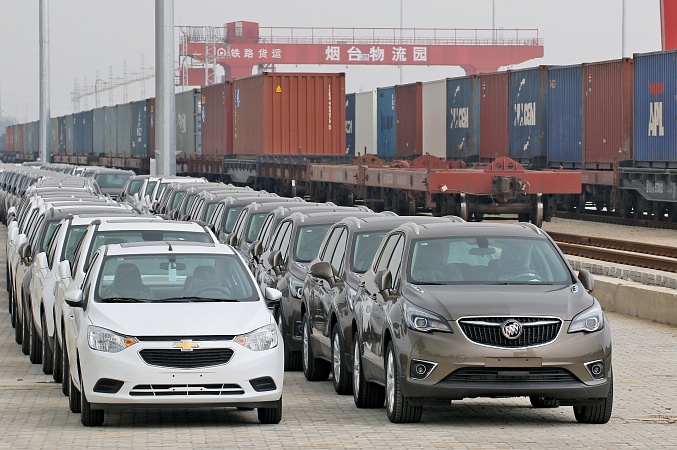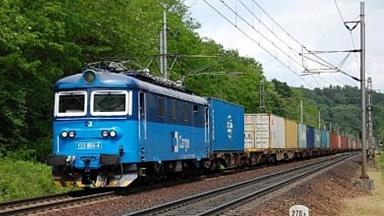The association of European freight forwarders, CLECAT, has welcomed what it called the «de facto compromise» achieved yesterday by EU Transport Ministers on the long-delayed reform of the European truck toll framework, following nearly four years of highly contentious negotiations among the Member States.
CLECAT believes that the Eurovignette Directive reform is a key tool for boosting investments in low- and zero-emission trucks and fuel-saving technologies, which are crucial for the road freight transport and logistics sector to comply with the ambitious EU Green Deal climate objectives.
«We are, therefore, of the view that a new road user charging framework, based on the differentiation of charges according to the CO2 emissions performance, is a powerful instrument, setting up appropriate green investment incentives and providing legal certainty for the industry, which in turn makes a rapid market uptake of new technologies and more fuel-efficient trucks more feasible,» the association said. «When accounting for this framework in their national legislation, the Member States should be careful to avoid any possible double-charging burden for forwarding, transport and logistics companies.»
But CLECAT said it was disappointed that some of its long-standing concerns have not been addressed, noting: «This includes the call of CLECAT to apply road charging to all types of vehicles, without discriminating against road freight transport. The possibility for Member States to exempt certain vehicles from the scope of EU road charging legislation will result in significant market distortions in road transport.
«In particular, allowing the Member States to exempt the heavy goods vehicles of less than 12 tonnes for the next eight years, coupled with a possibility to exempt vehicles between 3.5 tonnes and 7.5 tonnes, will create conditions for unfair competition and the unbalanced application of the ‘user pays’ and ‘polluter pays’ principles. It will also be problematic in terms of implementation and enforcement.»
CLECAT stressed that it also «believes that the shift to a distance-based charging system, as originally envisaged by the European Commission, is essential to properly account for the environmental impact of vehicles. We therefore continue to encourage Member States to phase out the existing time-based charges for trucks.»
It added: «Finally, allowing two or more Member States to levy a mark-up of more than 25% but not more than 50% of the infrastructure charge on the same corridor, but making the said mark-up dependent on the agreement between the involved Member States, may not be feasible in practice and possibly create trade obstacles for some countries.»
With respect to the next steps, CLECAT said it welcomed what is expected to be the formal adoption of the agreement on 18 December, concluding: «We also encourage the forthcoming Portuguese Presidency to start the trilogue negotiations with the European Parliament and the Commission as soon as possible.»



